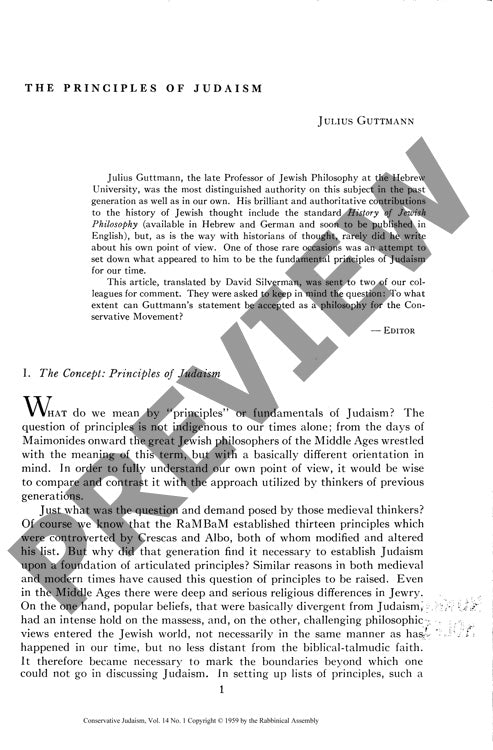The Principles of Judaism
Couldn't load pickup availability
Judaism's core principles have evolved significantly from biblical times through modernity, yet maintain remarkable philosophical coherence around three essential elements: ethical monotheism, human dignity derived from divine creation, and the practical framework of mitzvot. Drawing on extensive analysis of Jewish theological development, Julius Guttmann reveals how medieval Jewish thinkers anchored their philosophical frameworks in Torah min ha-shamayim (Torah from Heaven), while modern Judaism has necessarily forged new philosophical groundings in response to historical changes and modern scholarship. Through historical-comparative methodology and careful examination of biblical, talmudic, and medieval texts, this research illuminates the dynamic tension between continuity and change in Jewish religious thought. The investigation particularly focuses on how Judaism's understanding of God's personal and transcendent nature, human free will and responsibility, and the role of religious commandments has adapted while preserving fundamental religious meaning. Competing interpretations across historical periods demonstrate that authentic Jewish principles emerge from both careful textual analysis and acknowledgment of historical development. These findings suggest that Judaism's core principles remain deeply relevant to contemporary religious life when understood within their essential religious context.

More Information
-
Physical Description
-
Publication Information
Published 1959
ISBN
-
Publication Credits
Julius Guttmann

